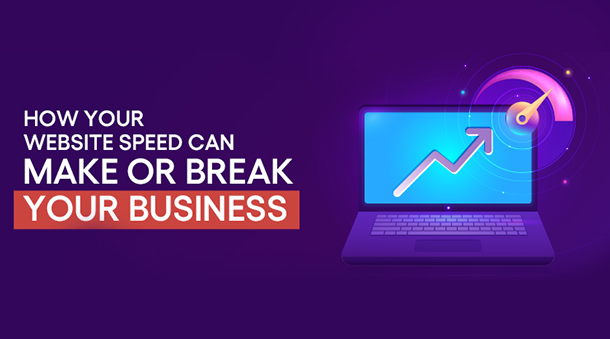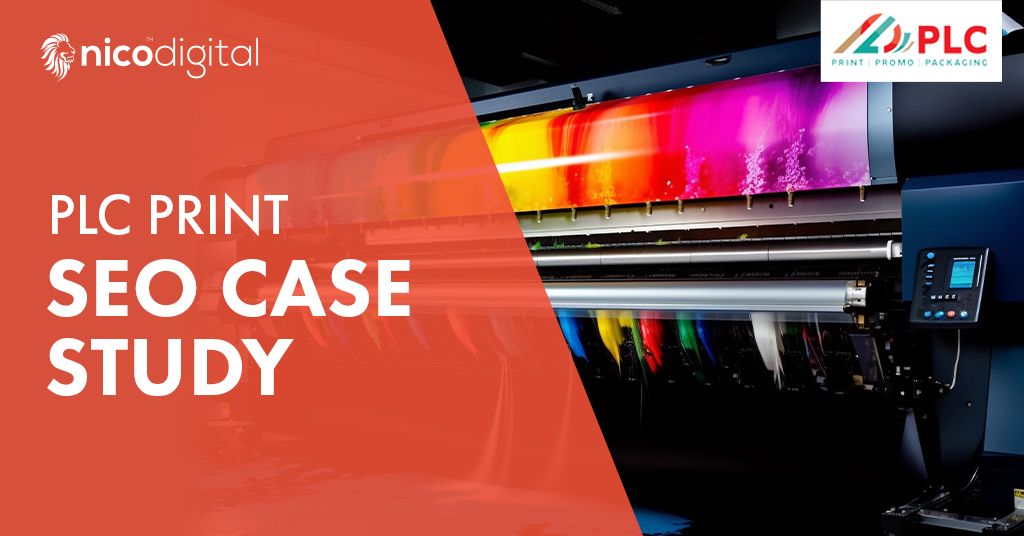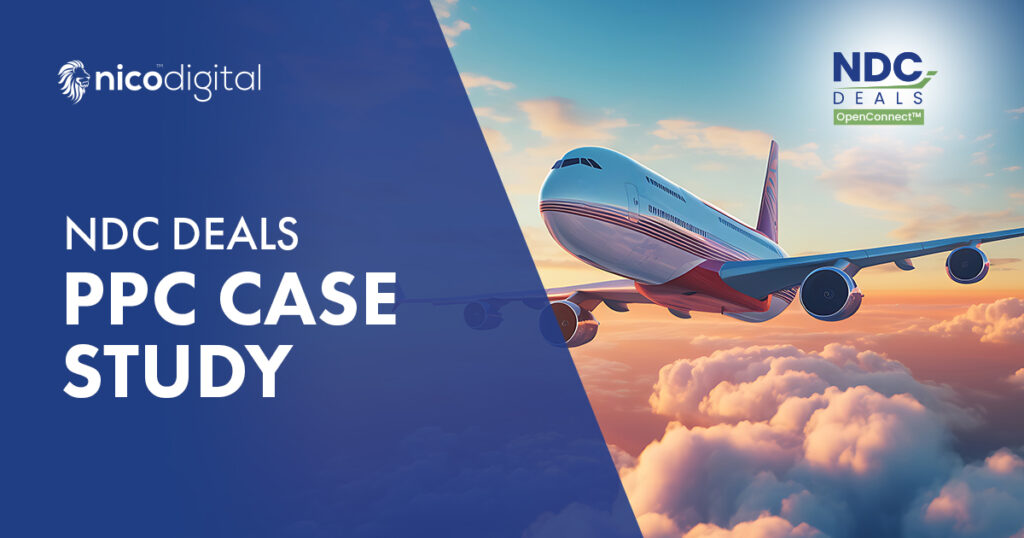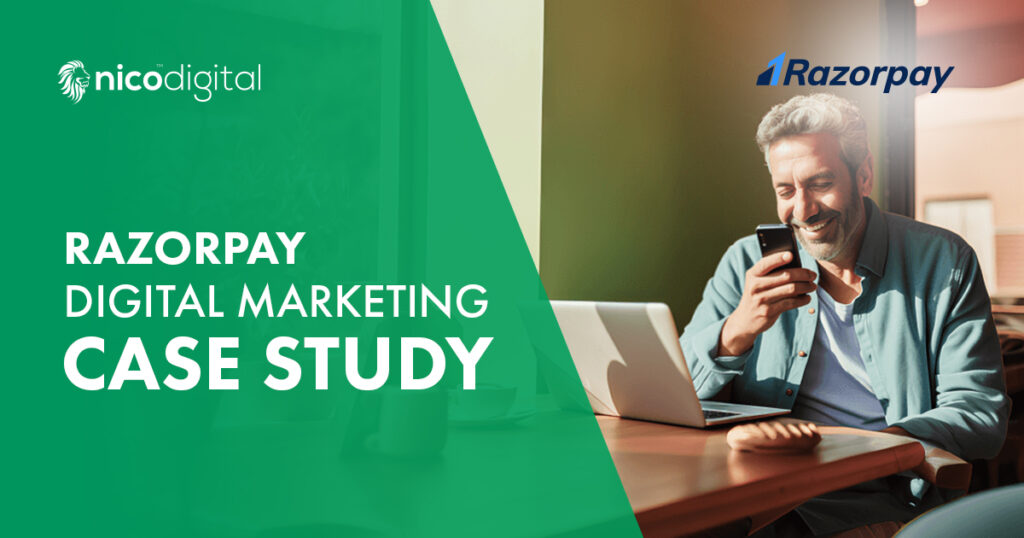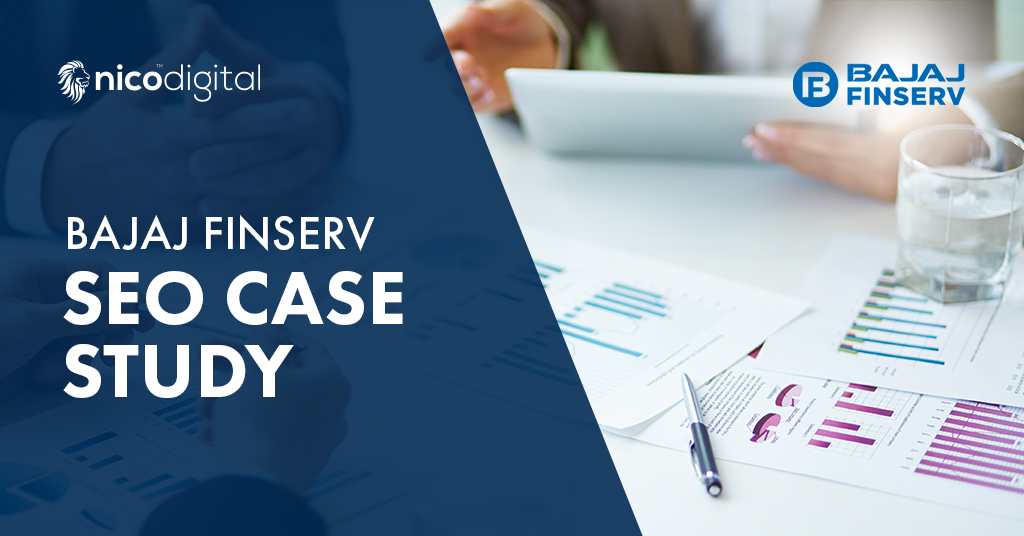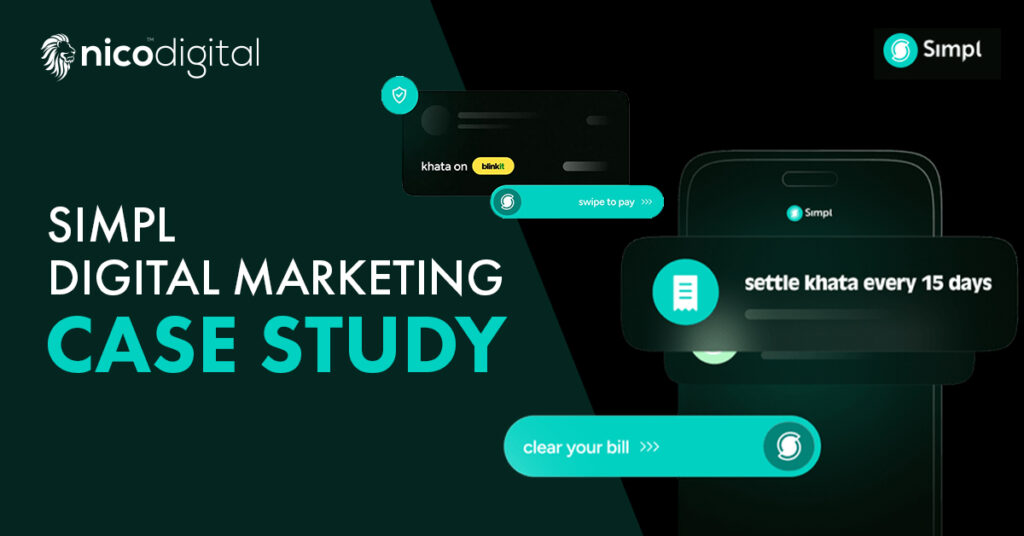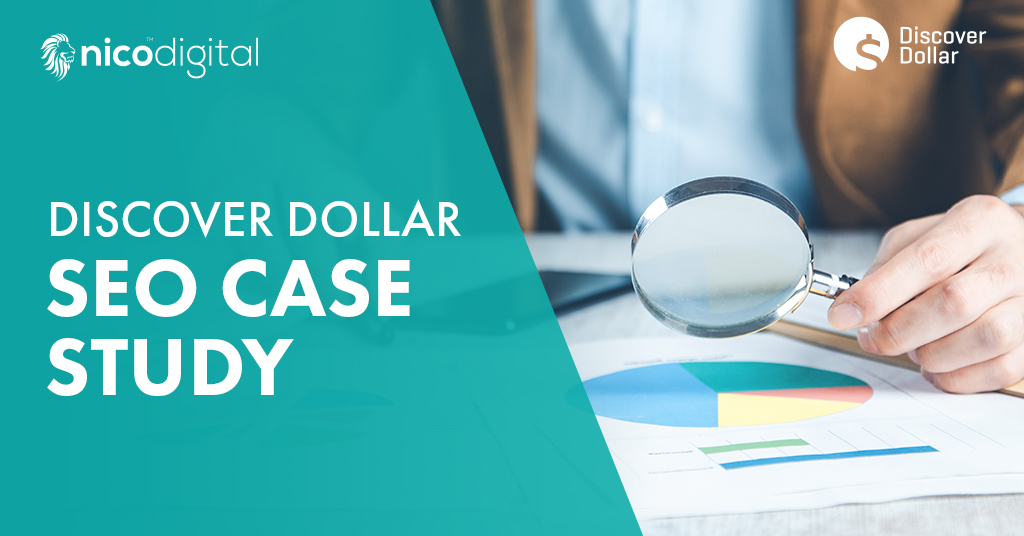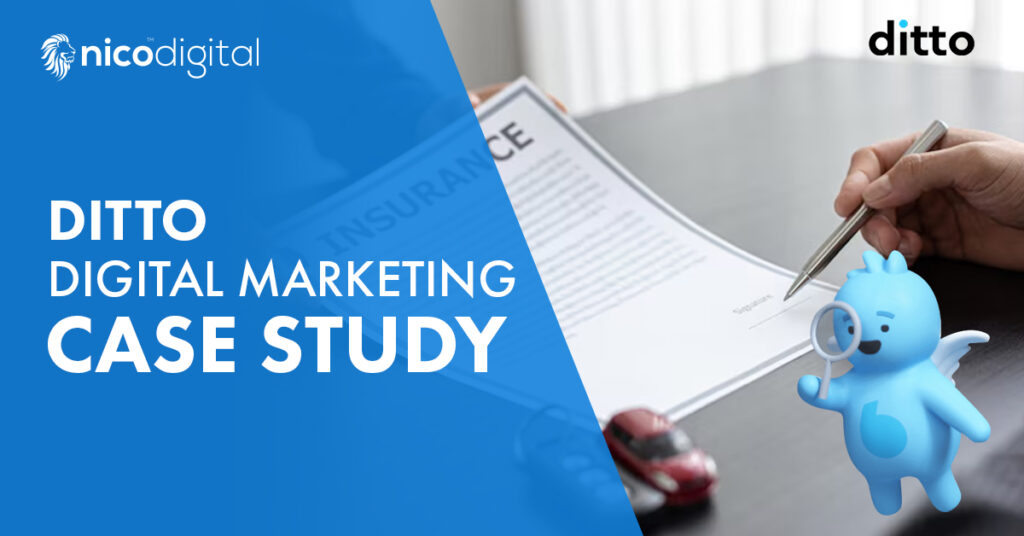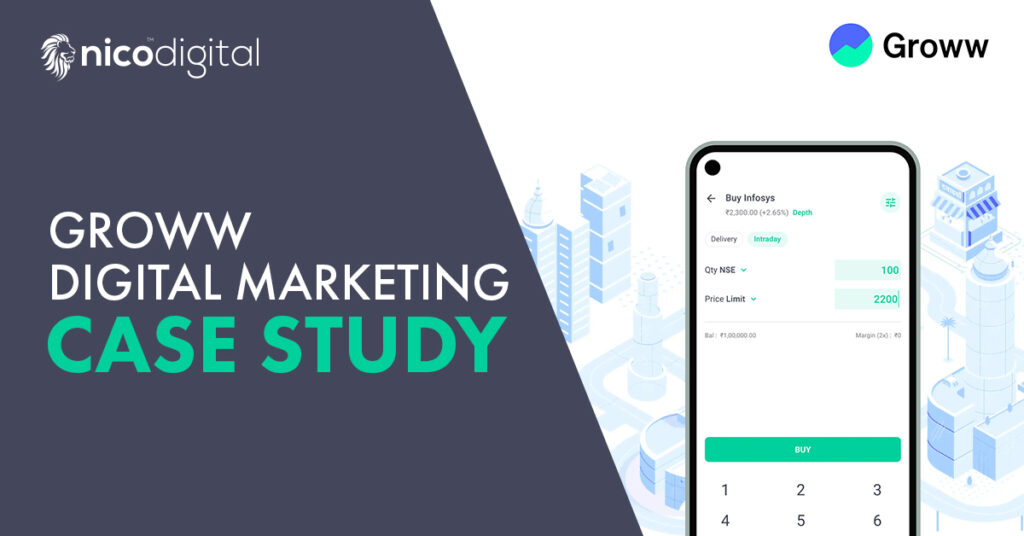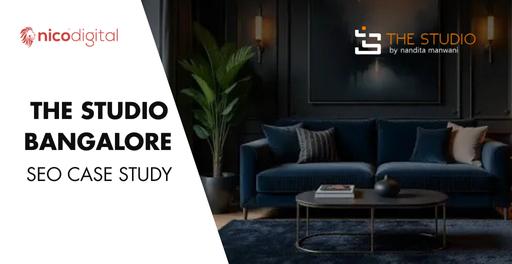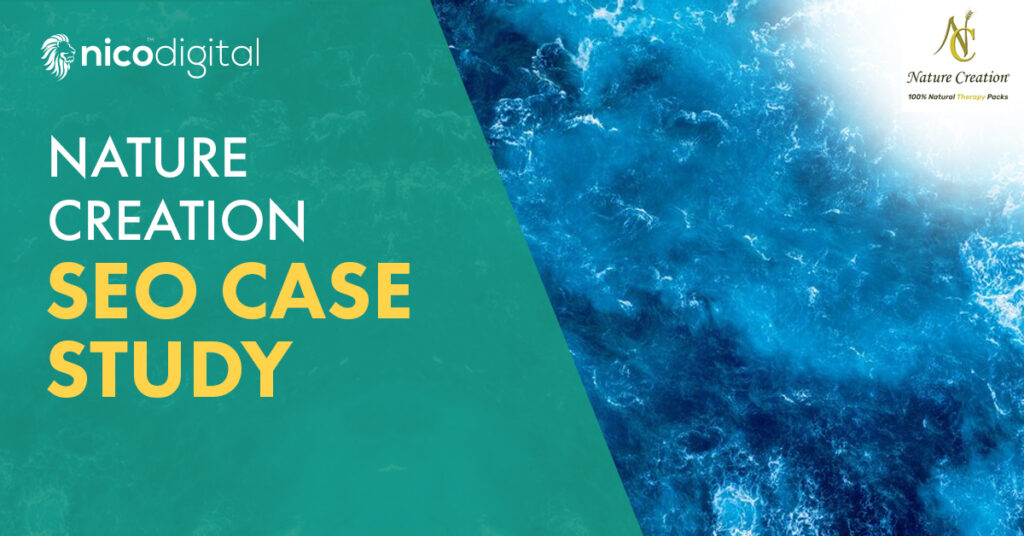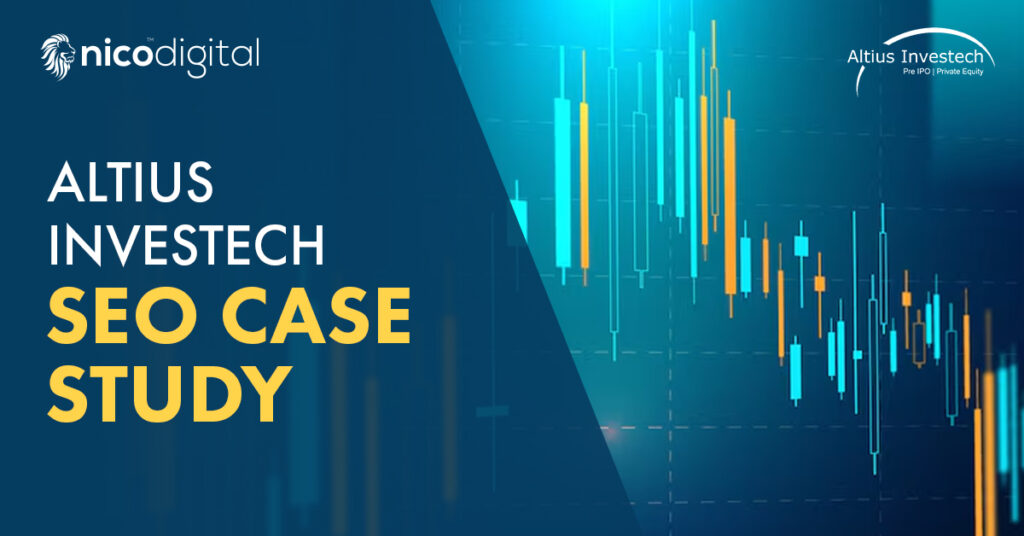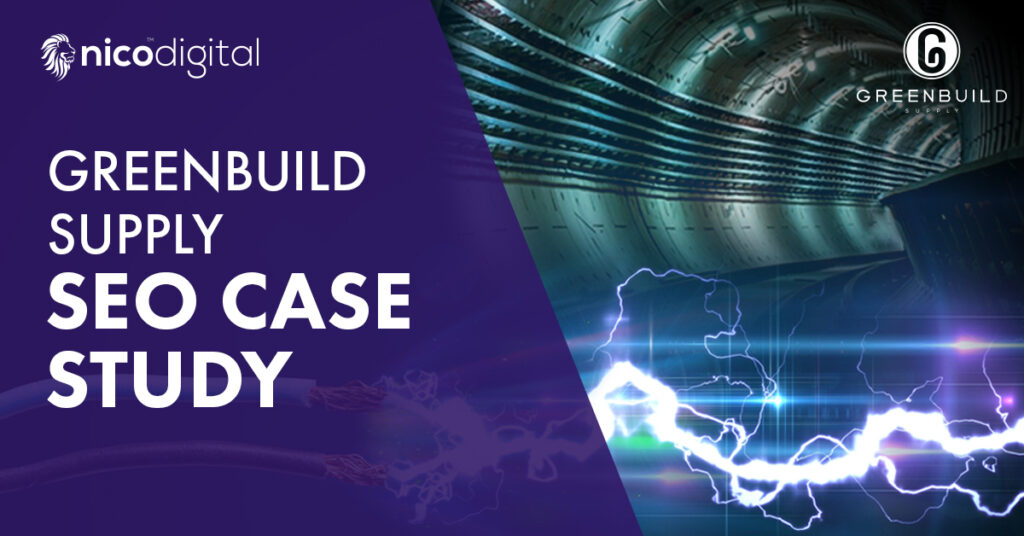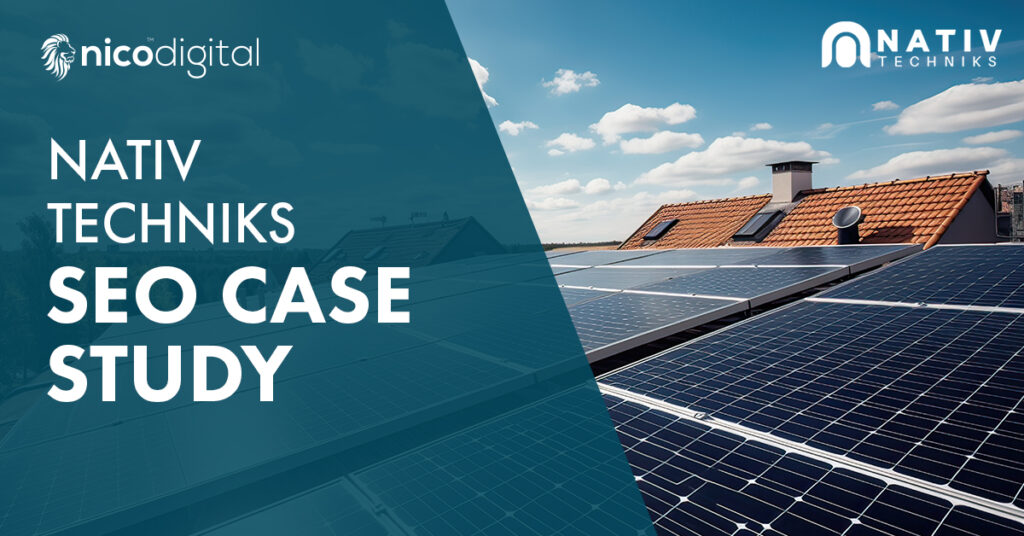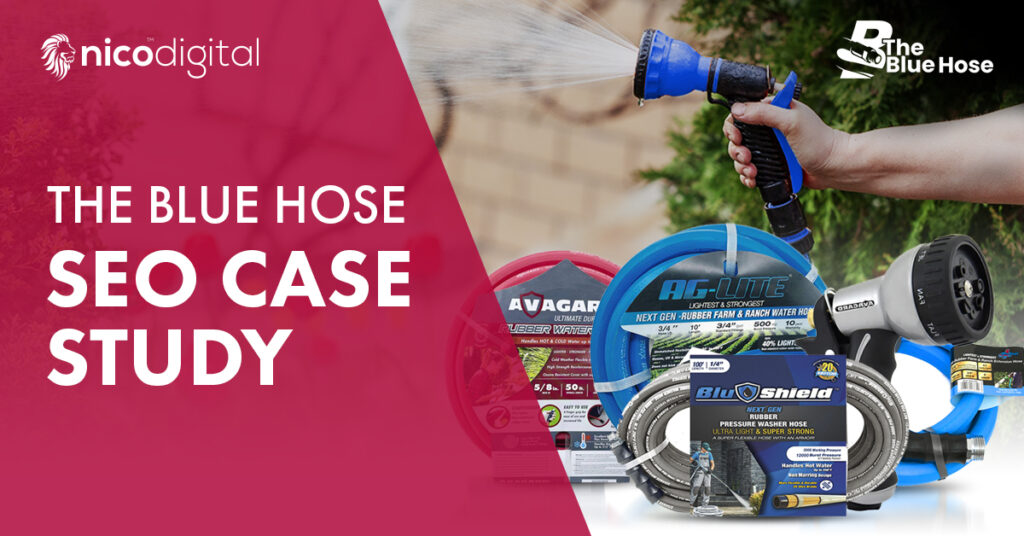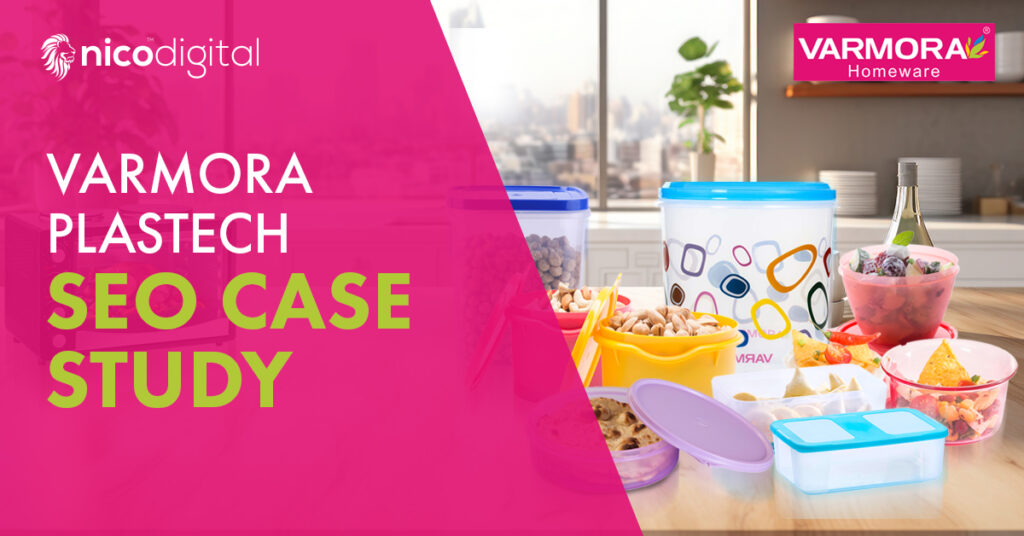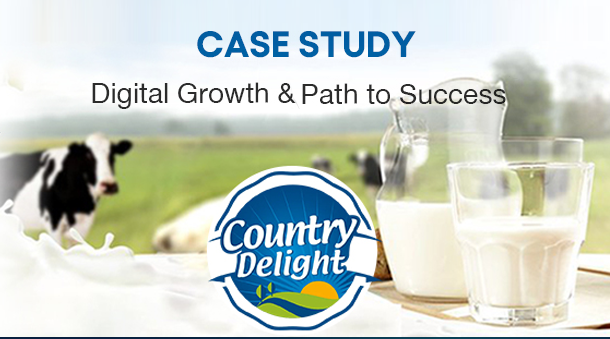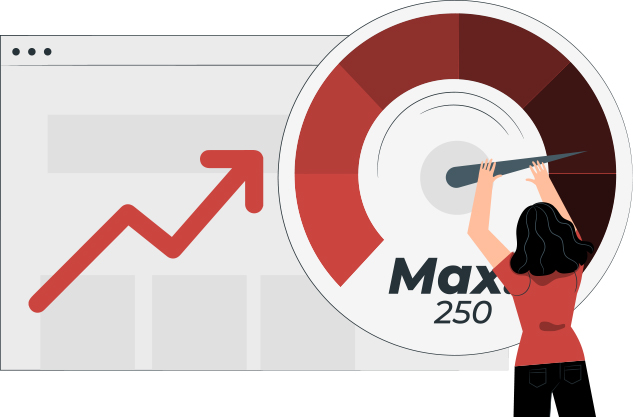
Let’s get real.
In today’s age, if you have a business, you NEED a website.
However, having an attractive website alone is not enough. While an eye-catching website might make the right impression on your visitors, there’s a much lesser-known vital factor that determines whether your traffic stays or leaves.
Enter website speed!
Here’s the catch, fast websites are often the result of the success of a top rated ecommerce SEO company that knows what drives online success.
Imagine a website you visited is taking tooooooo…. long to load.
Would you stay on the site?
Probably not.
And the numbers speak for themselves.
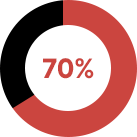
of consumers say that the speed of a webpage affects their likelihood of buying from an online retailer.
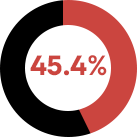
say they are less likely to make a purchase if the website speed is slow.
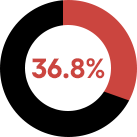
say they are less likely to return to the website.
However, despite the numbers speaking volumes, most marketers don’t prioritize website speed.
And this is where they lose out on potential customers.
The loading time of your website can significantly affect both your SEO performance and marketing endeavors.
Still not convinced? Well, I suggest you read on.
Why website speed matters?
Website speed, also known as website performance, pertains to the speed at which a browser can load fully functional webpages from a particular website.

Source: Backlinko
If you are busy creating a site that has numerous graphics, animations, and slides, you will be losing your customers to more “simple” sites online that load faster.
Why?
Because, the website speed can really make or break your business.
How?
Let’s find out.
1. First impressions matter
Your first impression is the last impression.
Over 40% of people will abandon your website if the loading time is more than 3 secs.
When a visitor opens your site they expect quick loading times.
Keep in mind that first impressions are crucial for online businesses, and speed plays a pivotal role in shaping how audiences perceive a brand online.
Speed equals professionalism!
Human nature tends to associate faster websites with greater reliability and professionalism.
Conversely, a slow website can be highly frustrating for users, leading them to bounce off quickly and seek out faster alternatives to meet their needs.
2. Your visitors expect speed
The internet has set a high standard for site speed, and fast loading times are now both expected and demanded.
And the facts spill it all.
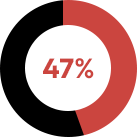
of users expect your site to load in less than 2 seconds.
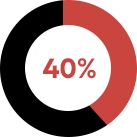
will leave if it takes longer than 3 seconds.
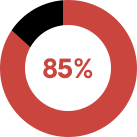
of users expect mobile sites to load as fast as desktops.
People tend to wait a bit longer when it comes to popular sites like Facebook, or Google, for instance.
However, start-ups and small businesses don’t have that luxury.
Thus, it’s crucial to prioritize being as fast as possible. Right from the start.
3. Site speed affects conversion rates
Your customers won’t return to your website if it takes forever to load. This results in loss of customers and of course, revenue.
In web jargon, a conversion occurs when a user takes the desired action on a webpage, and the conversion rate represents the percentage of total visitors who complete that action.
Site speeds do affect conversion rates, as you can find below.
• Mobify improved homepage load time by 100 milliseconds, leading to a 1.11% increase in session-based conversion.
• Retailer AutoAnything experienced a 12-13% sales boost by cutting page load time in half.
• Walmart’s 1-second improvement in page load time led to a 2% increase in conversions.
Even these seemingly minor increases in conversion rates can significantly impact the overall revenue generated by a website.
A staggering 53% of people, it has been found in studies, won’t wait if a website loads more slowly than they anticipated.
If you receive 100 daily visitors, 53 of those visitors are lost. This resulted in 1590 lost visitors over the course of a month. You’re losing out on 159 potential customers if just 10% of those lost visitors had the potential to become clients.
Here’s another stat to consider from Portent.
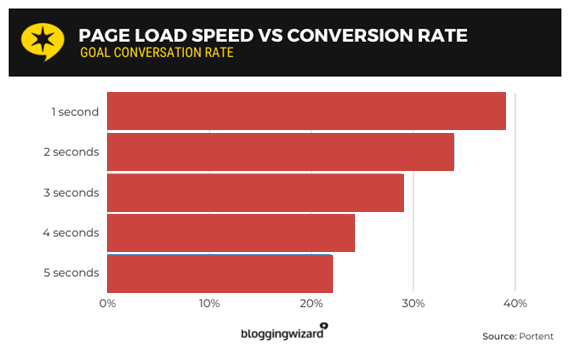
4. Speed affects SEO
There, I just dropped the bomb!
Google clearly states on its blog that speed is a crucial factor in SEO ranking.
Thus, if your latest blog post takes forever to load, the chances are that it might not show up in search results.
Thus, to achieve good rankings on Google, website owners must prioritize optimizing web pages for faster loading times. Higher rankings result in increased organic traffic, a critical factor for business growth.
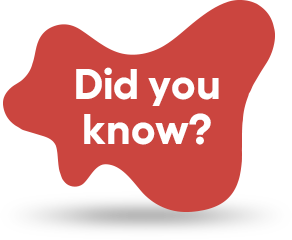
The typical page speed of a first-page Google result is 1.65 seconds

1.65 seconds is the average page speed of a result on Google’s first results page
Now that you know how page speed affects your business, let’s look at some ways through which you can increase your site speed.
How to improve your page speed?
There are several strategies that you can utilize to improve your site speed.
• Image Compression and Format Optimization
• Remove Third-Party Scripts
• Choose reputable servers
• Delete unnecessary items
• Enhance site security
It’s crucial to understand that relying on a single strategy may not be enough. Adopting a holistic approach by combining various strategies ensures a well-executed plan that minimizes your loading time effectively.
• Remove Third-Party Scripts
Determine whether third-party scripts and plugins are unneeded and should be removed from your website. Use only those that are necessary for your site to run. Removing excessive scripts can make your website smoother and much faster to load.
Source: Backlinko.
• Image Compression and Format Optimization
Compressing images can shrink their file sizes without sacrificing quality. To reduce initial page load times, consider lazy loading images and use appropriate file formats like JPEG or WebP. Small file sizes and proper formats allow for faster data transferring, or in simple words – loading.

GIF, PNG, and JPEG formats make 96% of the entire Internet’s image traffic
• Delete unnecessary items
Essential plugins improve site function, but an excessive number can slow down page speed. You may enhance loading time by deactivating or removing unused WordPress plugins. Additionally, opt for simpler design themes and elements to avoid unnecessary bandwidth consumption.
• Enhance site security
In the digital world, numerous malicious bots and software pose security threats that can affect your website’s page speed. To optimize site security, ensure to keep web software updated, use strong passwords, and install security certificates.
• Server Preference
Selecting a reputable host with quick servers can help you reduce server response time by optimizing database queries, caching, and utilizing content delivery networks. Servers are often the main pillar on which a website’s loading speed depends.
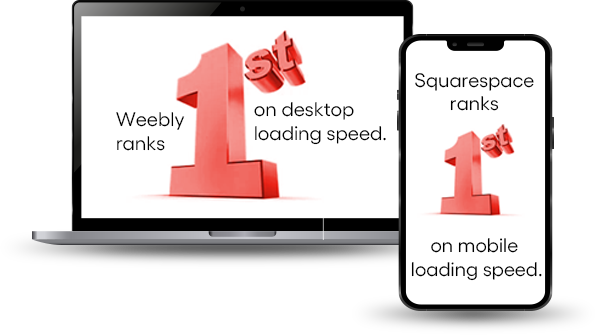
Thus, choosing the right server can make or break your website speed.
Wrapping it up
A slow-loading site risks losing valuable customers, while a lightning-fast one gains a competitive edge. By prioritizing optimization and adopting a holistic approach to speed, you can seize the opportunities the online world has to offer, driving growth and success for your business.
Remember, speed is not just a technical aspect; it’s a critical element in shaping your brand’s reputation, leaving a lasting impression on visitors, and ultimately propelling your business forward.
Still stuck with slow loading speeds? Leave it to the experts.
Nico Digital is a top rated ecommerce SEO company and a full-service digital marketing agency that can help optimize your site speed through technical audits, page optimization, CDNs, caching, minification, hosting recommendations, mobile optimization, and regular maintenance.
Achieve a lightning-fast, user-friendly website that boosts conversion rates and maximizes online success with our expertise in SEO, campaign management, and expert PPC services.

